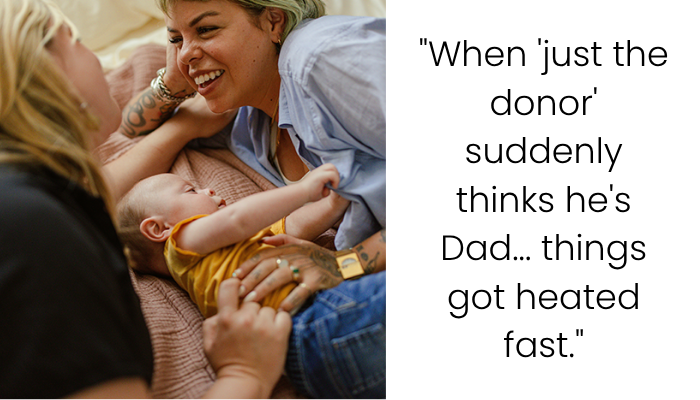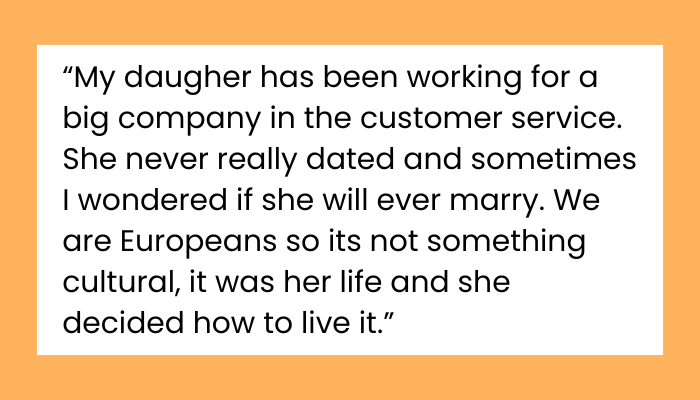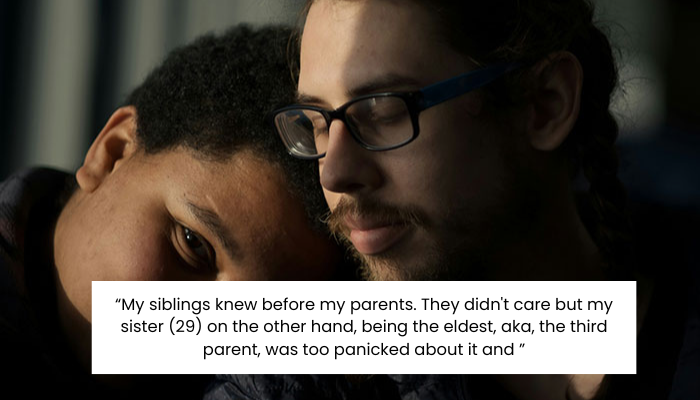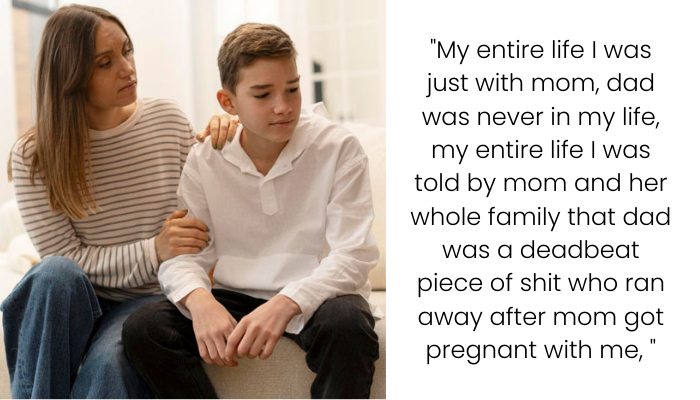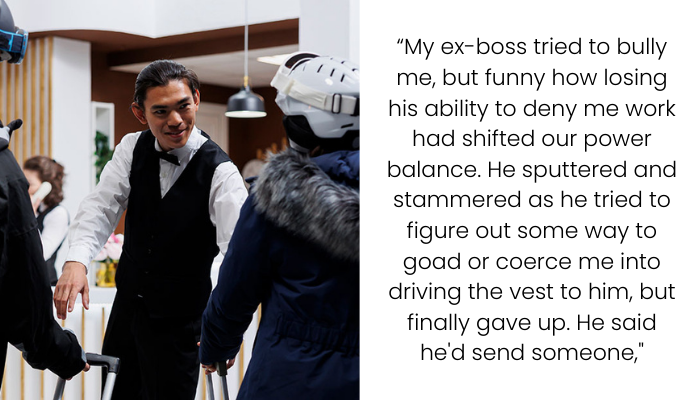AITA for Kicking My BIL Out After He Claimed He Was My Son’s Father?
In a situation that started with love, compromise, and a shared dream, one comment shattered the peace. OP (30F) and her wife (29F) had worked through infertility, family pressure, and personal trauma to bring their son into the world via IVF—with OP’s egg, her wife carrying the pregnancy, and her brother-in-law (BIL) as the sperm donor. The arrangement was clear, boundaries were set, and everyone—allegedly—was on the same page. But just as they were gearing up to celebrate their baby’s first birthday, the BIL dropped a bombshell: he wanted a say in the party because he considered himself the father.
This was not only shocking, it was a betrayal. The couple had taken every precaution: therapy, legal agreements, verbal and emotional assurances. And yet, here was BIL, asserting paternal rights like none of that mattered. OP responded swiftly—she kicked him out of the house and made it clear he wouldn’t be welcome again without an apology. But the fallout wasn’t just with him. OP’s sister-in-law (SIL) launched a verbal attack, and now the entire family is split down the middle. While MIL seems to float somewhere in the grey, even hinting that BIL is “technically the father,” OP and her wife are holding their ground—for the sake of their family and mental well-being.
IVF has become a true salvation for many families across the world nowadays, but it also raises many ethical issues
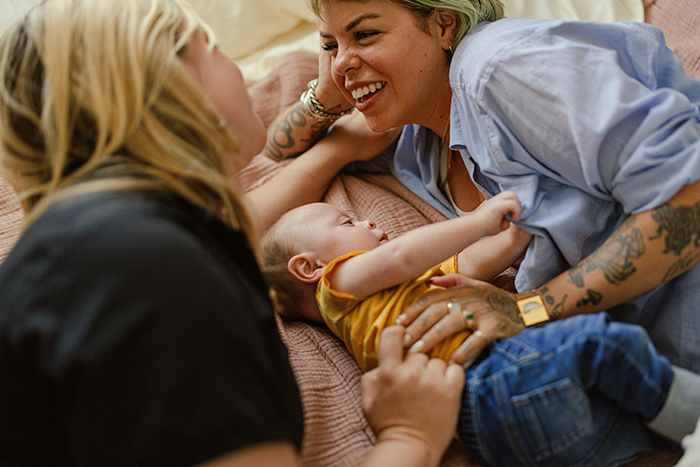
The author of the post and her wife always wanted to have a baby, but the spouse turned out to be infertile, and the author herself has a medical condition that makes it dangerous for her health


















This kind of story hits deep. It’s not just about parenting or genetics—it’s about identity, trust, and what makes a family. And in a world where reproductive technology is more accessible than ever, these kinds of emotional—and legal—collisions are becoming more common.
Let’s unpack what happened here, and why OP isn’t just being “dramatic.” She’s protecting her kid, her marriage, and the sanctity of an agreement that should’ve never been up for debate.
💉 Donor Agreements and Legal Paternity Rights
First off, in the U.S. (and many other countries), if a sperm donor signs away parental rights, they have no legal standing as a parent. Period. This is true whether you go through a sperm bank or a known donor like BIL. Known donor situations can get tricky, though, especially when not every state has airtight laws protecting non-traditional families.

OP mentioned that BIL signed away his rights and verbally agreed to be just the uncle. That’s massive. It means—legally—he’s got no say. His “claim” during the birthday planning wasn’t just inappropriate; it was factually incorrect. And given that they had professional counseling and clear consent from everyone involved, any attempt to insert himself now just screams entitlement.
👶 Emotional Impact on Same-Sex Couples Raising Kids
For same-sex couples, the journey to parenthood is often filled with hurdles. Not just medical ones—but social and emotional ones too. There’s a persistent narrative that a child “needs a father” or that biology trumps love and nurturing. That mindset is outdated—and damaging.
OP’s wife, who carried the baby and bonded with him for nine months, already faced painful self-esteem issues due to infertility. For BIL to casually say “he’s our child” isn’t just offensive—it’s traumatizing. It undermines everything she went through and sends a message that her role is somehow less valid because of genetics.
This isn’t just about one moment. It’s about the ripple effect that happens when someone oversteps a clearly defined role.
⚖️ Family Boundaries and When to Cut Ties
Let’s talk about boundaries. Healthy families respect them. Toxic ones push them—and then gaslight you for reacting. The second OP enforced a boundary (kicking BIL out), SIL called her a “bitch.” That’s not conflict resolution. That’s manipulation.
Setting boundaries isn’t about being harsh or “canceling” family. It’s about creating safe spaces for yourself and your kids. OP didn’t block BIL out of nowhere. She said he could come back if he apologized. He chose not to. That’s on him.
Family drama isn’t just drama—it’s emotional labor. And OP is choosing peace over chaos. That’s parenting.
🧬 Is Genetics What Makes a Parent?
Let’s address the elephant in the room: does “providing the sperm” make you a dad?
Short answer? No. Not unless there’s an emotional, legal, and social commitment too. Parenthood is about showing up, day after day. Waking up at 3 a.m. Changing diapers. Teaching your kid how to say “please” and “thank you.” Genetics is biology. But parenting? That’s love.
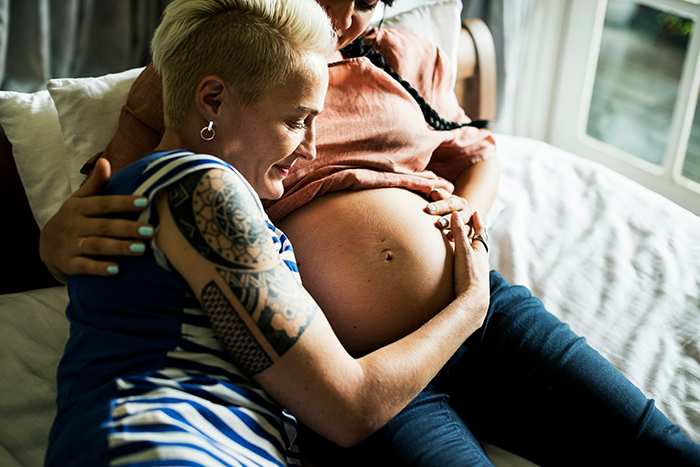
OP and her wife are both this child’s parents. One gave the egg, the other gave her body, and both give their hearts every day. BIL played a role, sure—but that role ended when he agreed to be a donor, not a dad.
And really, his outburst wasn’t about love. It was about control.
💔 MIL and the Passive Bystander Problem
Now MIL’s role here is… complicated. She’s said BIL was wrong, but also claimed he’s “technically the father.” That’s not just fence-sitting—it’s harmful. When someone refuses to take a stand, it gives space for the louder voice (in this case, BIL) to dominate.
In family dynamics, passive bystanders often fuel conflict by not shutting it down. If MIL truly supports OP and her daughter, she needs to be vocal about it—not just in private, but in front of BIL too.
Until that happens, OP is right to keep her distance. Her peace comes first.
Most commenters gave the author their support, claiming that the brother-in-law was acting unreasonably here

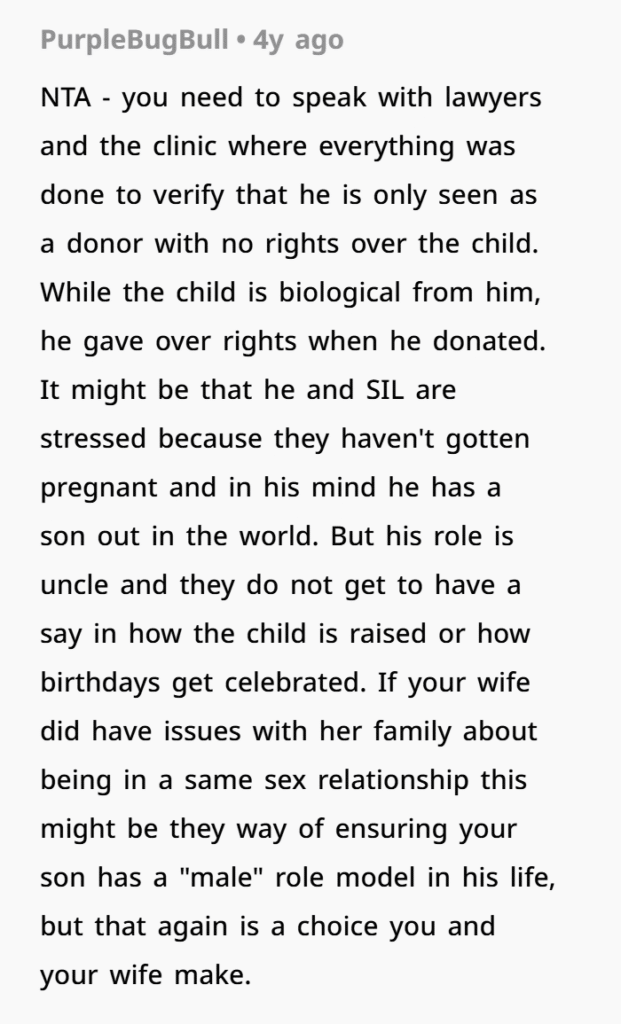





No, OP. You’re not the asshole. You set a boundary that was long overdue. You protected your wife and your baby. And you stood up to someone trying to rewrite a story that was never his to begin with.
Family isn’t DNA. It’s the love you give, the respect you show, and the promises you keep.

